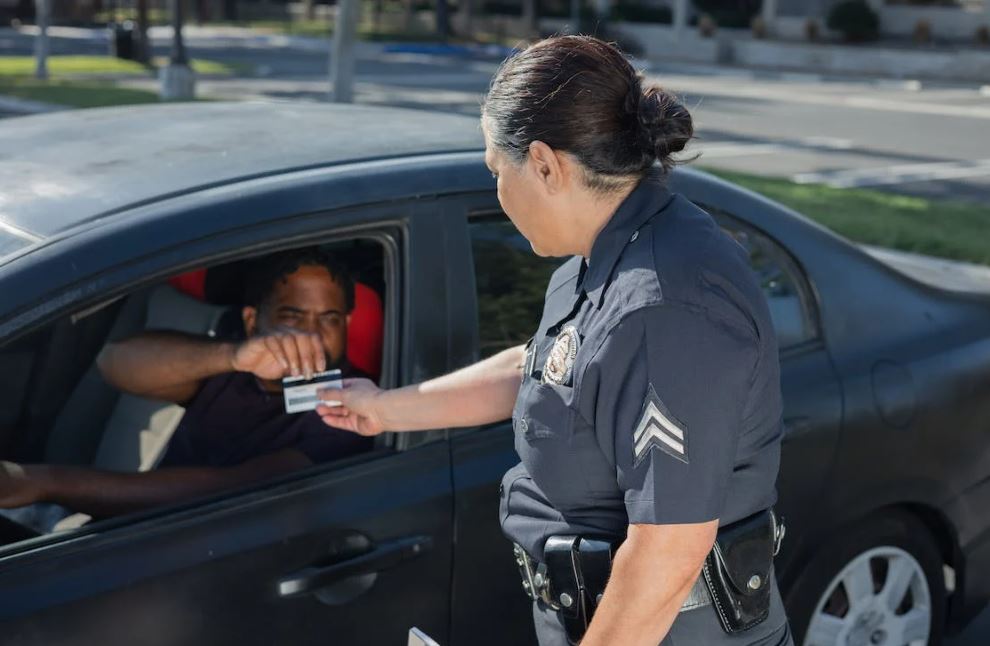Imagine this: you’re driving down the highway, on your way to work, or to meet a friend, and suddenly you see red and blue lights flashing in your rearview mirror. You pull over, expecting a ticket, but instead, the police officer asks for your driver’s license and registration. “I’m sorry, sir, but your license has expired,” he says. “You need to take care of that right away.”
Now imagine this: it’s the middle of the night, and you get a call from your child’s school. Your son or daughter is sick and needs to be picked up immediately. You rush to the school only to find out that your driver’s license has expired and you can no longer drive. What are you going to do?
These are just two examples of why DMV offices must be located near people’s lives and work. Here are six more reasons why having a DMV office close by is so important:
1. To Get a Driver’s License
A driver’s license is an important document allowing you to operate a vehicle legally. You must pass written and driving tests to get a driver’s license. You also need to provide proof of identity, residency, and insurance.
Getting a driver’s license can be relatively easy or relatively difficult, depending on where you live. In some states, you can go to the DMV and apply for one; in other states, you may have to visit several different agencies to get all the required documents. And in some cases (such as Tennessee), you may not be able to get a driver’s license unless you have a valid state ID. Fortunately, you can find Tennessee DMV locations on their website. So, if you need to get a driver’s license, check the requirements for your state and visit your nearest DMV office.
2. To Renew Your License
It’s no secret that driver’s licenses are important. They allow us to drive legally and, in many cases, are required for everyday activities like going to work or school. But did you know that your driver’s license needs to be renewed regularly? Most licenses expire every four years, so it’s important to make sure you take the necessary steps to renew yours on time.
If your license has expired, you can renew it, but you will have to pay a late fee. And if your license has expired for more than six months, you will have to take the written and driving tests again. So don’t wait until the last minute – start preparing now so you can renew your license without any problems.
3. To Get a New License
When you move to a new state, one of the first things you need to do is get a new driver’s license. This can be a daunting task, especially if the DMV is located far away from your home. If you have to take time off work or arrange transportation, it can be difficult to make the trip. Plus, there’s always the risk of going wrong, and you’ll end up waiting even longer than expected.

However, if the DMV is located nearby, you can easily stop by during lunch or on your way home. This eliminates the hassle and stress of making a special trip and makes you less likely to run into problems. Many people find they can get their new license in just a few minutes when they visit the DMV near their home.
4. To Get a State ID
A state ID is an important document that every citizen should have. It serves as proof of identity and residency and can be used for various purposes, such as opening a bank account, getting a driver’s license, or registering to vote. To get a state ID, you must provide certain documents, such as your birth certificate, residency proof, and Social Security card.
The process of obtaining a state ID can be relatively easy or relatively difficult, depending on where you live. In some states, you can go to the DMV and apply for one; in other states, you may have to visit several different agencies to get all the required documents. And in some cases (such as New York), you may not be able to get a state ID unless you have a valid driver’s license.
So why is it important to have a state ID? Here are just a few reasons:
- For voting or applying for welfare benefits.
- Used as identification when traveling abroad or flying domestically.
- To open a bank account or obtain a credit card.
- To apply for a job or rent an apartment.
- Useful in emergencies, such as if you are involved in a car accident or need to prove your identity to the police.
- Help you get discounts on certain products and services, such as movie tickets and hotel rooms.
5. To Register Your Car
When you buy a car, you must register it with the DMV. This is where you get your license plates and registration card. It would be best if you did this within a certain time after buying the car. If you don’t, you could get a ticket.
There are a few things you need to bring with you when you go to the DMV to register your car. You need your title, insurance proof, and driver’s license. You will also need to pay the registration fee. The fee varies depending on the weight of your car and the type of registration you choose.
6. To get Car Tags
Every state has different rules about car tags. But in most cases, you must have them drive your car legally. Car tags show that your car is registered and has paid the required fees.
In some states, you can get your car tags when you register your car. It would help if you went to the DMV to get them in other states. And in some states, you have to go to a separate office. So if you’re unsure where to get your car tags, it’s best to visit your nearest DMV office.
Many good reasons to have a driver’s license exist. If you don’t have one, it’s worth getting one as soon as possible. And the best way to do that is by visiting your nearest DMV office.

